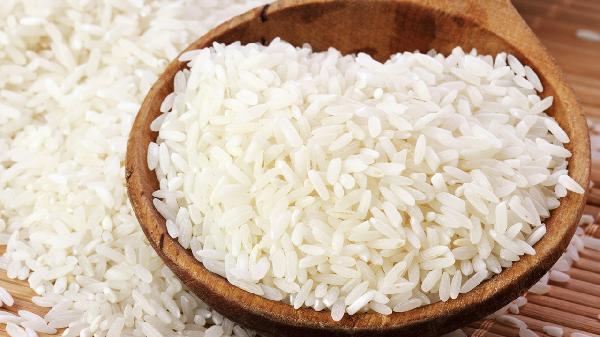Cherries, this small and delicate fruit, are not only delicious but also packed with rich nutrients. In recent years, research has discovered that cherries offer numerous health benefits, particularly their positive impact on heart health, earning them the title of "natural aspirin." This article will delve into the multiple benefits of cherries, revealing the magical charm of this fruit.

1. Nutritional Value of Cherries
Cherries are rich in vitamin C, vitamin A, potassium, fiber, and antioxidants. Among these, vitamin C helps boost immunity, vitamin A is crucial for vision and skin health, potassium helps maintain normal blood pressure levels, fiber promotes digestive health, and antioxidants help combat free radical damage.
2. Benefits of Cherries for Heart Health
1. Lowering Cholesterol: The antioxidants in cherries help reduce low-density lipoprotein (LDL) cholesterol, decreasing the risk of heart disease.
2. Lowering Blood Pressure: The potassium in cherries helps eliminate excess sodium from the body, thereby lowering blood pressure and reducing the burden on the heart.
3. Anti-inflammatory Effects: The antioxidants in cherries have anti-inflammatory properties, helping to reduce chronic inflammation's damage to the heart.
4. Improving Blood Circulation: Certain components in cherries help improve blood circulation, reducing the risk of blood clot formation.
3. Other Health Benefits of Cherries
1. Antioxidant and Anti-aging: The antioxidants in cherries help combat free radical damage, slowing down the cellular aging process.
2. Promoting Sleep: Cherries contain melatonin, a hormone that regulates the sleep cycle, helping to improve sleep quality.
3. Boosting Immunity: The vitamin C in cherries helps enhance immunity, fighting off viruses and bacteria.
4. Promoting Digestion: The fiber in cherries helps promote intestinal motility, improving digestive health.
4. How to Select and Consume Cherries
1. Selection: Choose cherries with bright colors, smooth skin, and plump fruit, avoiding those that are soft, bruised, or damaged.
2. Storage: Cherries should not be stored for long periods; consume them as soon as possible after purchase. If storage is necessary, refrigerate them, but not for more than a week.
3. Consumption: Cherries can be eaten directly or used in salads, baked goods, or juices. Additionally, dried cherries and cherry jam are also good options.
5. Suitable Groups and Precautions for Cherries
Cherries are suitable for most people, especially those with poor heart health. However, cherries contain a relatively high amount of sugar, so diabetics should consume them in moderation under a doctor's guidance. Additionally, cherry pits contain trace amounts of cyanide, which, while not harmful to the human body, are still best avoided.
Conclusion
Cherries, hailed as the "natural aspirin" for the heart, have earned their reputation as a highly esteemed fruit due to their rich nutritional value and multiple health benefits. By understanding the nutritional components and health benefits of cherries, we can better utilize this natural resource to protect heart health. At the same time, mastering the correct methods of selection and consumption can maximize the nutritional value of cherries.
上一篇:How to Keep Eggs Fresh Longer in Summer? Tips for Storing Eggs in Summer!
下一篇:"One Durian Equals Three Chickens"! Exploring the Benefits and Effects of Durian!
Tags: Cherries, Benefits, Aspirin, Cherries
























